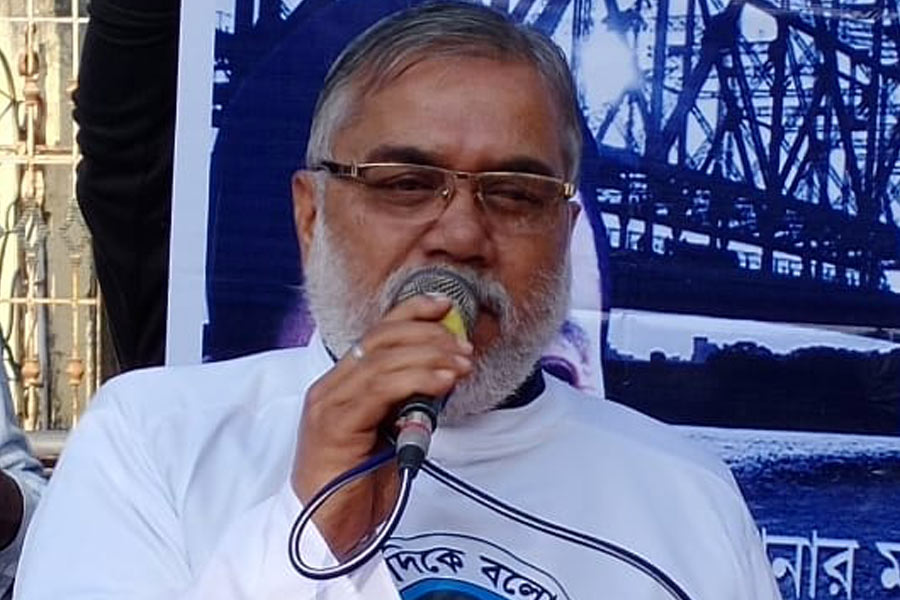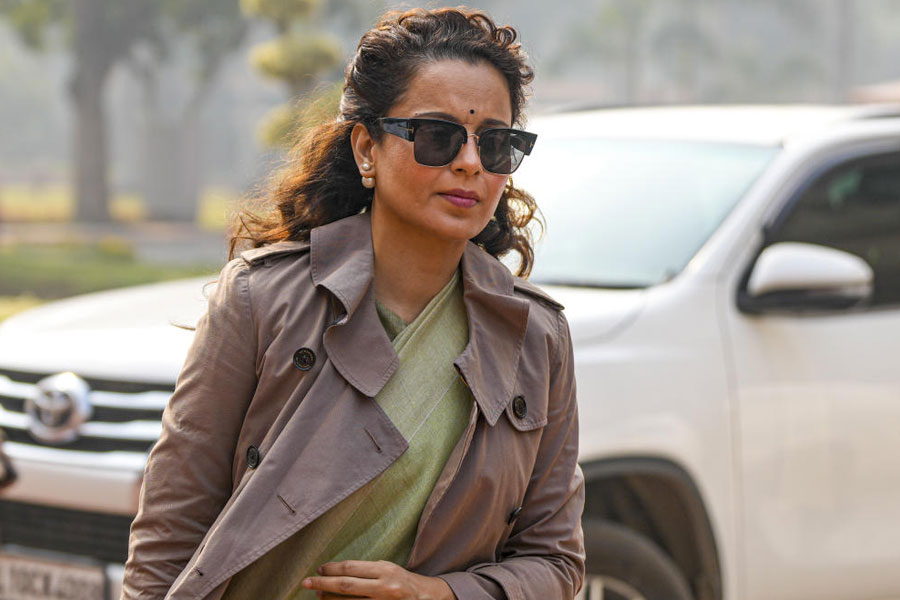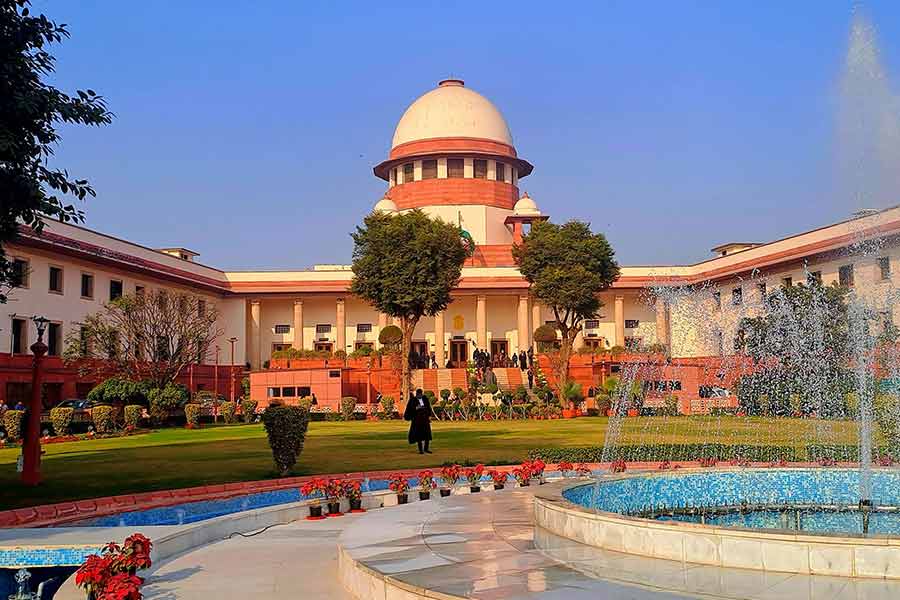Bimal Gurung, president of the Gorkha Janmukti Morcha has drawn flak from various quarters, including his own party spokesperson, for his comment related to the Prime Minister of Nepal.
On July 27, which is observed as Gorkhaland Martyrs’ Day, Gurung while hitting out at the BJP, had referred to the Nepal premier.
“They (BJP) are the ones to raise our demand in the manifesto. Our borders (with Nepal) are open. We want the borders to be sealed. If India does not resolve the identity crisis, should we tell Nepal’s Prime Minister to give citizenship? What else can we do?.... This is why we are saying that the Centre has to be decisive,” said Gurung.
Nepali-speaking Indians are often confused with citizens of Nepal, which is the “identity crisis” that Gurung referred to.
But his mention of the Nepal's Prime Minister in this context has stirred a hornet’s nest in the region.
“To ask for help from another country is wrong. Gurung may have acted out of frustration (over the BJP’s delay), but such reaction comes from political immaturity,” said Harka Bahadur Chhetri, former Kalimpong MLA.
Munish Tamang, president of the apolitical Bharatiya Gorkha Parisangh, said: “Frustration does not mean that we can talk about anything. In politics perception is important…Such statements (of Gurung) does not help.”
Even Kishore Bharati, the Morcha spokesman, distanced his party from the party president's statement.
“That was not a statement of the party," Bharati said. "It was made off the cuff. I don’t know or understand why he (Gurung) spoke on those lines. When heading a party, one has to understand issues before speaking and not utter irresponsible words.”
Gurung, however, has been in the limelight over such statements in the past.
During the peak of the statehood agitation that Gurung spearheaded from October 2007, he suddenly announced that Gorkhaland would be achieved by March 10, 2010, failing which he would shoot himself.
On March 10, 2010, at a public meeting, Gurung suddenly reached out for his suitcase, which was interpreted as reaching out for a gun by his supporters, even though the contents of that suitcase were never made public.
In 1983, GNLF leader Subash Ghisingh reached out to “international leaders” on the Gorkhaland issue, which also drew flak from many quarters.
Ghisingh wrote to then monarchies of Nepal, UK and heads of state of 10 other countries on the same Gorkha identity issue in Darjeeling.
Contacted, Bhakta Jairu of the GNLF tried to defend the letter, saying it was written as Darjeeling was a “treaty obligated land”, meaning it changed hands between Nepal, Sikkim and erstwhile colonisers East India Company through various treaties.











